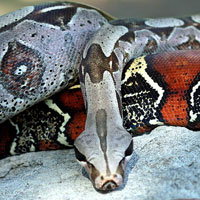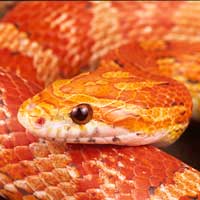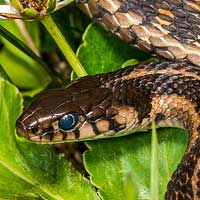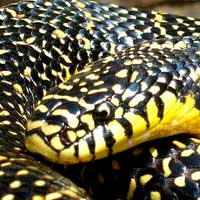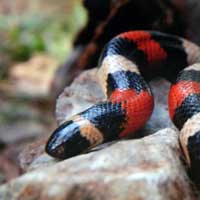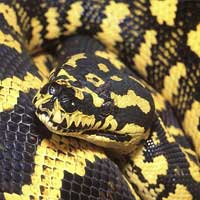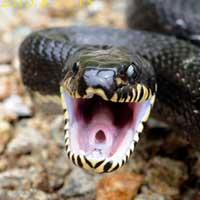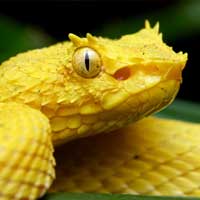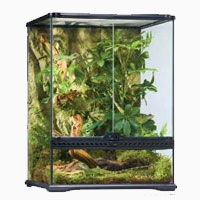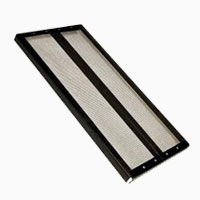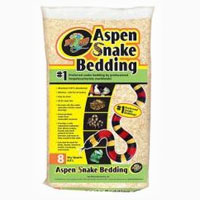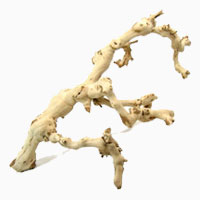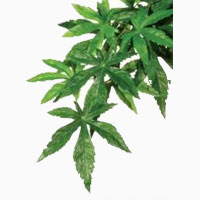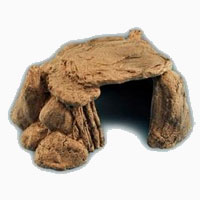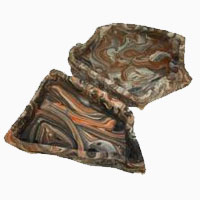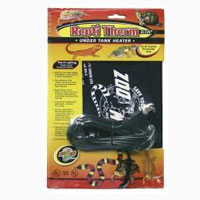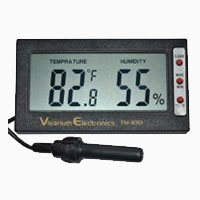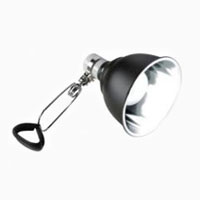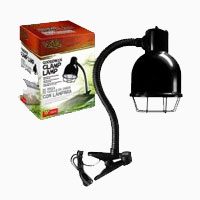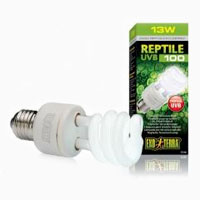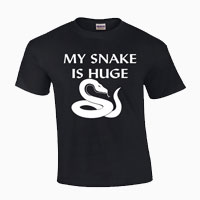Spotted Python
Scientific Name: Antaresia Maculosa
Share this Post
The Spotted Python is non-venomous, and lengthens to about 100 to 140 centimeters. A blotched, irregular pattern is its main visual feature, remaining so in all its lifetime. Ragged edges of the blotches are so because the darker pigmentation only occurs on its complete scales. It features heavily in the collection of Australians, Europeans and Americans; many confused them in the past with being Children’s Pythons. Some feature bellies that spot a pale yellow coloration in their relatively larger sizes. The dorsum of this snake is reddish and marked using dark blotches. The darker blotches join together to form wavy lines or bigger blotches on part along the dorsal exterior. These blotches do not fade with maturation; they stay more or less intact. Adults measure 43 to about 47 inches, and can grow to 65 inches. They are also the principal constituent of the genus Antaresia.
Spotted Pythons Are Beautiful Creatures
Facts About Spotted Pythons
Geographic Location
Mainly found in northern Australia, in the extreme reaches of the Cape York Peninsula southwards to Eastern Queensland, and northwards to northern parts of New South Wales. Islands off the coast of Queensland also harbor these pythons, such as Rockhampton, Port Bowen, and Port Mackay.
Habitat
While accessible in most kinds of habitats, it prefers the rocky outcrops and hillsides with caves and crevices.
Behavior
Due to its small size, the spotted python has an even temperament.
Reproduction
Females of this species lay up to fifteen eggs at a go, as they are oviparous.
Captivity
While in its natural habitat, the spotted python enjoys insectivorous bats. This however changes in captivity, to a diet of small rodents, especially mice. Those who have them in captivity consider them great exotic pets. The spotted python is easily bred in captivity with an almost guaranteed reproductive sequence.
